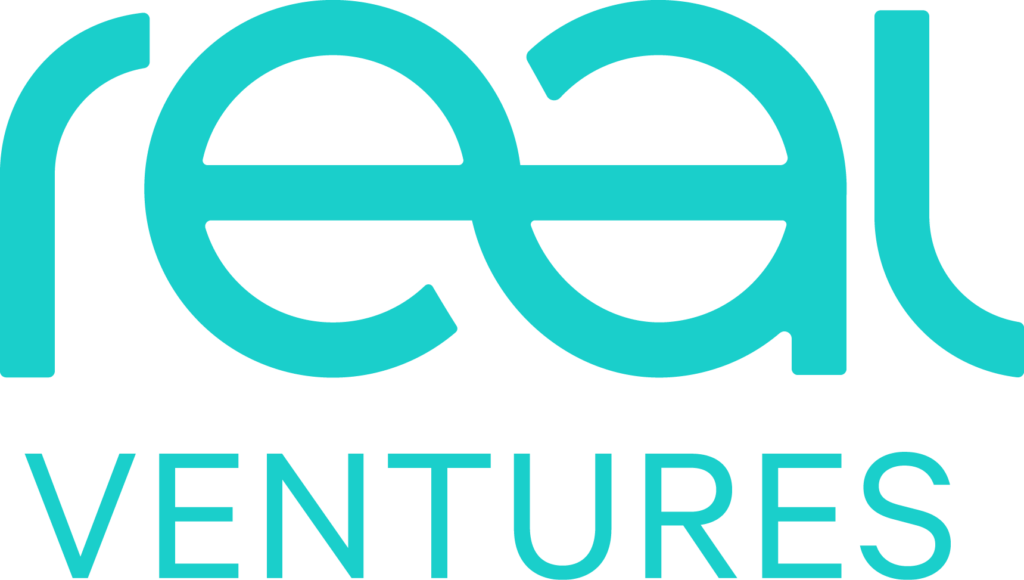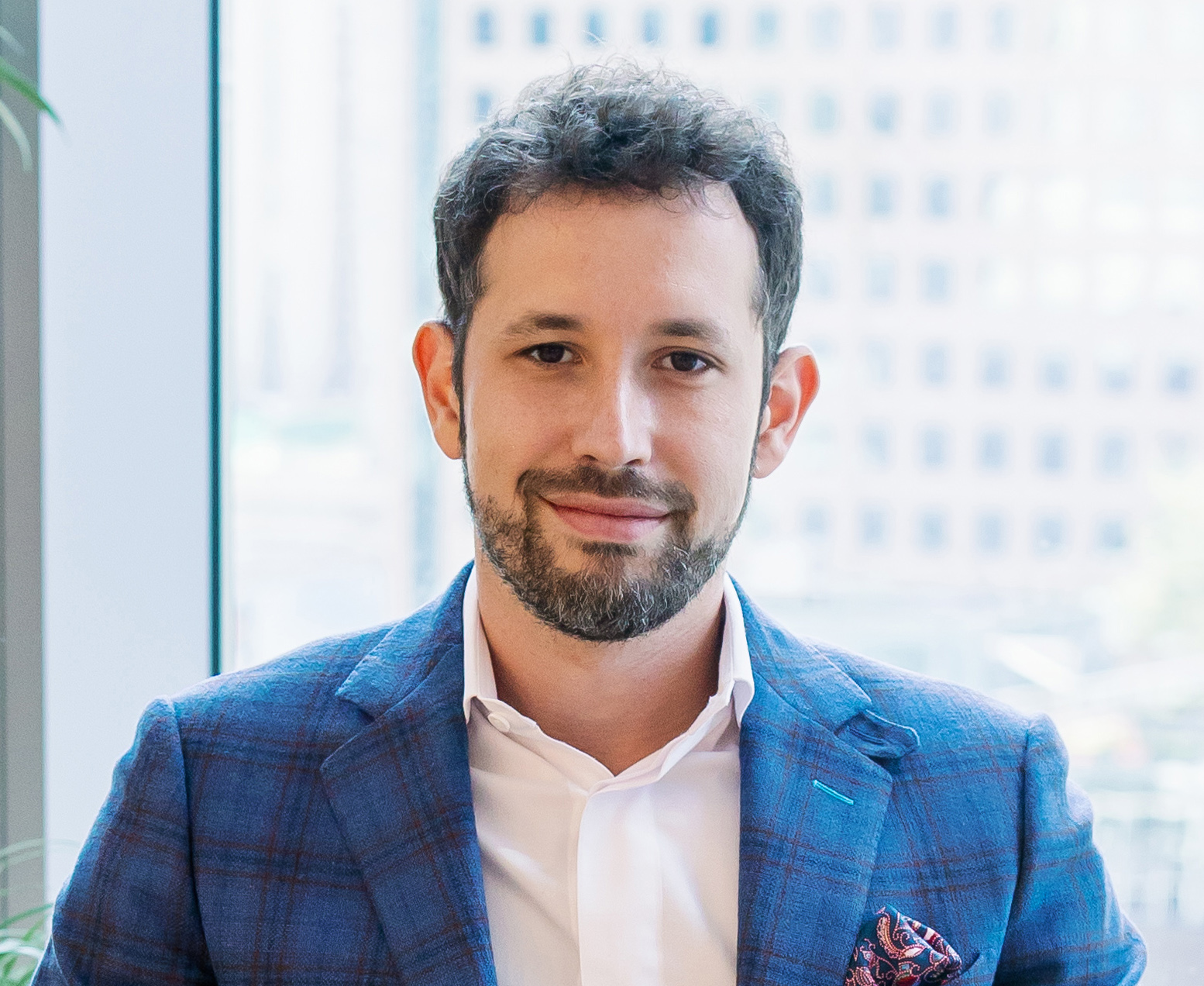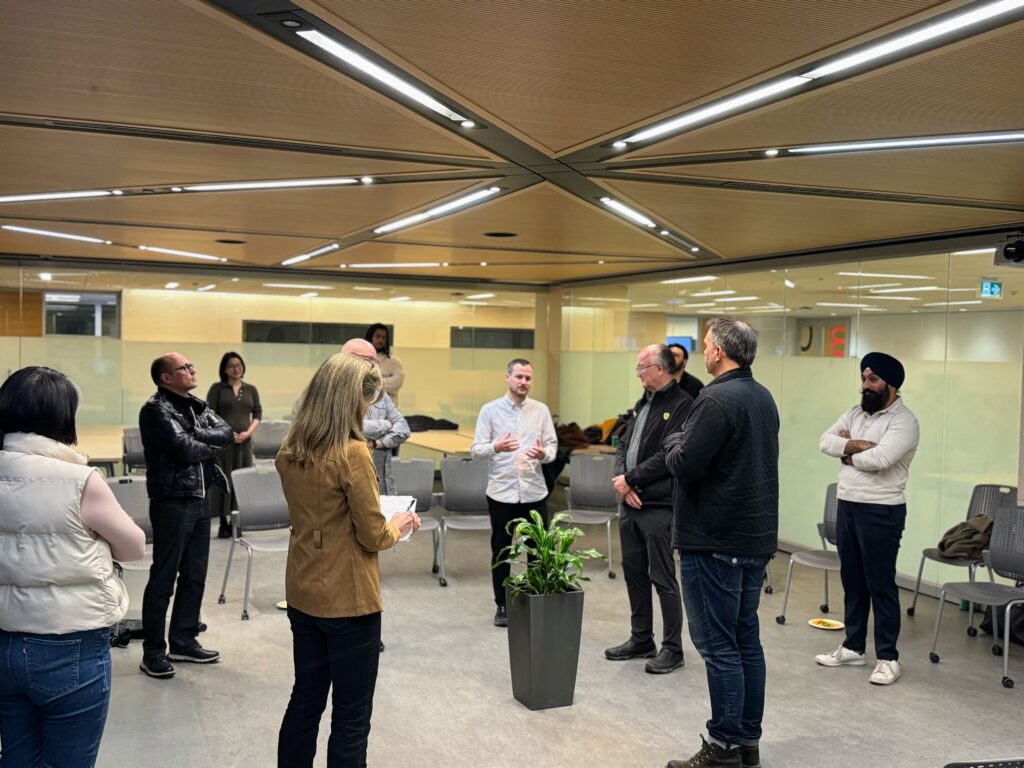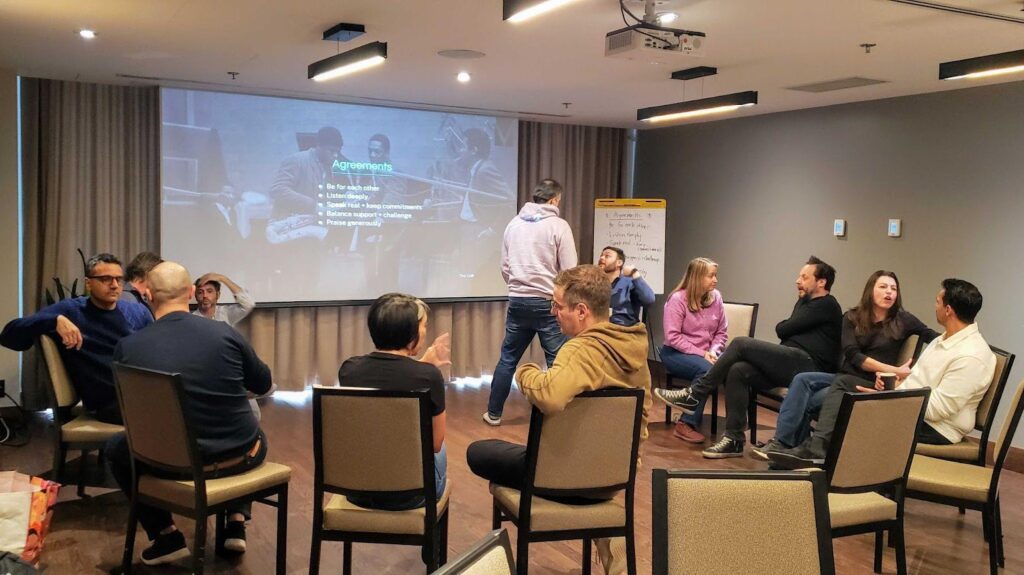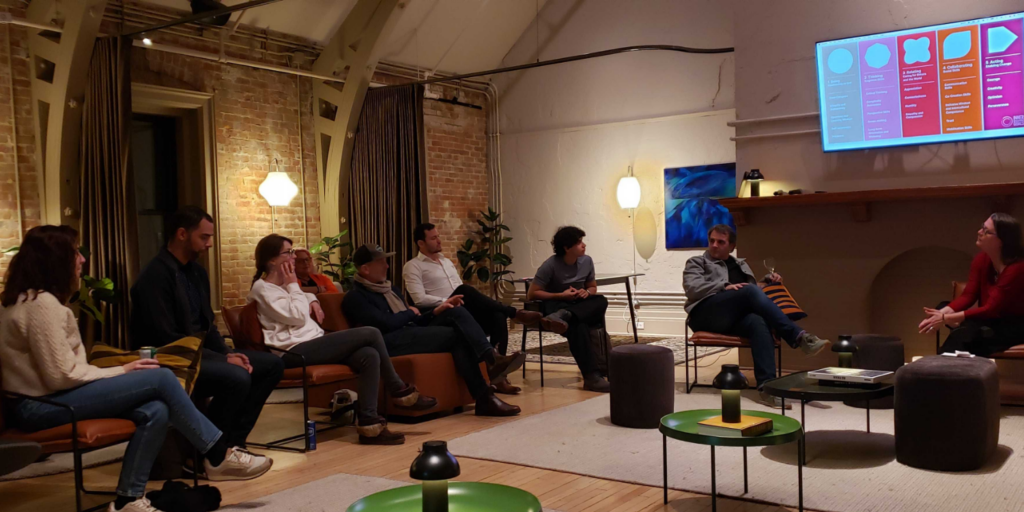Deep dive with Liran Belenzon on the concrete actions he’s taken to scale his leadership skills in tandem with BenchSci’s growth.
In our last post, “The Real Ventures Playbook for Startup Success,” we gave a high level overview of the eight plays we have found to be critical for long-term, sustainable success in rapidly scaling businesses.
Having shared a theoretical overview of the Real Ventures’ Playbook, we felt it was important to dive deeper and share with founders what each play looks like in practice. With this in mind, we reached out to eight CEOs from startups in our portfolio who have succeeded in raising Series A and beyond to discuss what the practical application of these plays looks like in their organizations. While their approaches may slightly vary, the perspectives shared by each founder offers helpful suggestions and ideas as to how any founder can put these plays into practice within their company.
In this first follow-on post of our Playbook series, we dove deeper into Play 1: Adopt a “Growth Mindset” with Liran Belenzon, CEO of BenchSci. During our interview, we discussed the importance of leadership development and how embracing a growth mindset at all levels of their organization has contributed to the long term success of the company.
You met your co-founders, Tom Leung, David Q. Chen, and Elvis Wianda through the Creative Destruction Lab. Aside from their mission, which at the time was to leverage AI to prevent inappropriate antibodies from destroying samples, what was it about this team that convinced you to join them?
There were two things (perhaps two sides of the same coin): their domain expertise and their lack of commercial expertise.
When Tom, David, and Elvis first described the problem they wanted to solve, it was clear to me very early on that these guys knew what they were talking about. They had strong expertise in medicine, computer science, and modern AI, which was still nascent at the time. I thought they had a great mindset and I agreed with the approach they wanted to take to solve this really important and profound problem.
As scientists, they are very technical, and it was clear to me that it was going to be super challenging to commercialize this invention and build a company around it. They had never done anything like this. Before participating in Creative Destruction Labs, they had spent most of their careers in the lab. Their lack of entrepreneurial expertise is what really appealed to me because I thought, “Hey, I can bring a lot of value here and make an impact.”
At Real Ventures, we believe that an important ingredient to scale-up success is for founders to scale their leadership skills along with their company. Over the years, we have been very impressed by the success you and your co-founders have had at doing just this. What do you do to ensure that you are always growing as a leader?
One of the most important things I learned as BenchSci was scaling is not to lead based on fear. I think a lot of founders of early stage startups — and I was one of them — are motivated by fear. We’re scared of what people would do if they knew everything. We’re afraid of what will happen if things don’t work out. I would think to myself, “We’re getting so much attention now. There are so many people joining us, we have more and more customers and so on…” and my anxiety would grow. I would make important decisions based on fear. “Should we share this information? No, I’m too scared of how people will react.” I would wake up every morning and go to work because I was too scared to fail. Lots of decisions ended up coming from this place of fear. It’s crippling and ultimately hurts the business.
I think the A round is the most challenging growth stage for founders and CEOs in terms of leadership. You go from having to do everything yourself with the help of a tiny team and just pound through the daily operational tasks and get it done. It doesn’t really matter what the cost is because it just has to get done. In a way, you are like the manager of a small team. Then when you hit your A round, your new job is to build a strong team to do all the stuff you have been doing up until this point.
To change my mindset, what worked for me was to start working with a coach. When BenchSci was still at its early stage, I started working with Dr. Kari Sulenes. In fact, it was Janet Bannister, formerly of Real Ventures who introduced us. Working with her really helped. Through our conversations, I was able to shift my mindset. Instead of fearing how people would react, I grew to embrace the rapid changes taking place in the organization and I started to make decisions based on trust.
Moving away from fear based decisions and adopting a mindset based on trust makes sense. Can you share some practical things you did to help you succeed in making this shift?
I started writing and updating my job description every year. I had been struggling with the fact that my role and responsibilities as CEO were constantly changing. My role went from being highly operational, to needing to focus on building a high performing team. Every time we onboarded someone new, that meant that I was no longer responsible for executing a part of the business anymore. To set them up for success, I needed to give these new team members the space to own this old part of my role. And so the question became, what am I going to do next?
Rewriting my job description every year and essentially doing an audit of what I’m doing, what I’m supposed to be doing, and what I’m planning on doing next year has been a great tool to guide myself and determine how I will continue to best serve BenchSci’s mission. During this yearly exercise, I set targets for myself in the areas I want to improve. One of the goals I set for myself this year was to improve my storytelling skills. Another is to slow down in terms of decision-making because there are a lot more people that need to be involved.
Another practice I’ve put in place to help me grow as a leader is to ask colleagues and each board member to do a 360 evaluation on me once a year. After receiving all of the feedback, I share it with the board and the entire company. This “performance review” has been very helpful in determining what I need to improve as a leader and CEO so I can be the best version of myself, which I feel I owe to myself, my family, and my team. I use the feedback I receive during my 360 to ask myself what I think is a really smart question another CEO who I admire asked me, which is: “How do I become unrecognizable, in the best way possible, in 12 months from now?”
How do you believe these actions have impacted the growth of your company?
I think the work I’ve invested into my growth as a leader has had a very positive impact on the business. Both because of the positive actions I was able to take because of the learnings I’ve made along the way, and perhaps even more importantly, because of the negative actions I succeeded in avoiding.
Because of our position of power and authority, CEOs have the outsized potential to create anxiety and stress for their team. It’s important to learn how to give your team space, avoid micromanaging, recognize when it’s time to let things go, and invest in empowering employees by giving them a stage. Companies can and have been destroyed by CEOs who don’t learn these lessons fast. So in terms of leadership growth, I would say that BenchSci has benefited from the lessons I learned that prevented me from making harmful mistakes.
When it comes to “upskilling” a founder’s leadership skills, we believe the first step on this journey is developing an awareness of oneself and one’s surroundings. Would you say this rings true when thinking about your leadership development? If so, can you share some examples?
I’m no expert on building awareness, but I think people develop better instincts over time. Some learn faster than others. What has worked well for me is to seek feedback from everyone around me constantly. I ask for feedback from team members, the board, investors that I pitch to, especially those who decide they don’t want to invest! I think this has helped me develop a better awareness of myself and how my environment perceives me.
We also aspire to practice radical candor at BenchSci. I think this goes a long way in creating a greater awareness of how our actions and words impact those around us. Everyone in the organization is encouraged to speak their truth, respectfully, during meetings and interactions with colleagues and partners.
When things don’t go as planned (and let’s face it, this happens quite a bit when scaling a startup!), often the first response many of us have is pointing the finger and assigning blame. While this might feel good in the moment, it rarely contributes to solving the problem. When faced with tough situations, what approaches or cultural practices work well for you and your team?
Things never go according to plan. It doesn’t mean they didn’t succeed; it just means they didn’t go according to plan. I think one mistake people often make is to change course in the middle of the plan before they really understand if it will work. You’ll often find yourself in the eye of the storm and you just have to ride it out. At least once a year, I experience this moment of doubt where I’ll think, “Oh my God, is this really going to work???”. Luckily experience has taught me it’s often best not to make reactive decisions in the heat of the moment and instead stick with it. Does that mean things always eventually work out? Absolutely not. When things don’t work out and we face tough problems, my approach is to simply focus on the issue and figure out what actions I can take to solve it so we can continue to move forward.
There’s this great saying; never waste a crisis. When scaling a startup, there’s never a shortage of problems to learn and grow from. This is the reality of innovation, and so this is the mindset we’ve adopted. In the middle of a crisis, the sole focus of each team member is to focus on what role they play in the situation and what actions they can take so we can solve the problem. Once we’ve come to a resolution, that is when we reflect on what caused the issue, learn from it, and assess what actions we can take to avoid repeating it down the road.
BenchSci has been working with executive leadership coach, Dr. Kari Sulenes, for close to a year now. According to her LinkedIn profile, her mandate is to work with all people managers and high potential leaders at BenchSci to support them in growing into the best leaders they can be. How has this investment in your employees’ leadership development, in addition to your own, benefited both your team and your business?
We decided to provide all our people leaders with leadership training because we care deeply about our employees’ mental health and wellbeing. Managers have a profound impact on the employees they support. Anyone who’s ever reported to a bad manager can tell you just how destructive they can be for their self-esteem and sense of self-worth. People bring home what happens to them at the office. Their interactions have a massive impact on their mental health.
This goes back to what I was saying earlier about how CEOs conduct themselves and their potential to cause severe anxiety and stress for the people around them because they are in a position of power and influence. That potential to cause harm to others, whether unwittingly or not, is also true for executives and managers. For these reasons, it seemed logical to invest in the positive leadership development of all our people managers.
Another powerful motivator for this investment is my desire to build a high performing team. As BenchSci grows, a lot of our success doesn’t come from one individuals’ actions but rather from the team’s collective efforts. Each team lead we hired was tasked with building and growing high performing departments, which is no small task. For them to succeed, I knew it was essential we provide them the support and tools needed to do this. This includes leadership development and guidance from a proven coach.
I firmly believe that the only way we will continue to get the best out of our people and maximize our chances for continued success is by investing in the positive leadership development of all leaders within the company.
Many new and aspiring founders will likely read this interview. In your opinion, what are some of the most impactful actions they can take today to support their leadership development journey and will have direct impacts on the success of their businesses?
There are a few important pieces of advice I would share.
First, check your ego at the door.
Second, constantly seek advice from everyone around you, but — and here’s the hard part — learn to recognize whose advice you should follow and whose you shouldn’t. When you’re the CEO of a startup, many people will give you conflicting advice. It takes time to develop this skill, but it will serve you well as you develop it more and more.
Third and lastly — and this is where I think it’s unique to be a CEO — is the notion of holding strong convictions loosely held is extremely true. If you can master this, I think you will be successful. Founders often see something that no one else sees and we become convinced that something will happen. Our conviction is so strong that everyone else around us is just like, “Okay, let’s go then.” As CEOs, it’s our job to sell people on our convictions. The reality is that half the time, we’re wrong. If you don’t learn how to drop things and be okay with dropping them when it becomes evident they will not work out, it will become increasingly painful for you and everyone around you to continue growing the business.
**********
For more on our thoughts about how to scale your startup, sign up for our newsletter and follow us on Twitter, LinkedIn, and Facebook.
